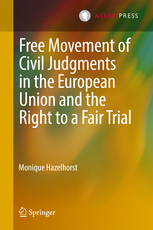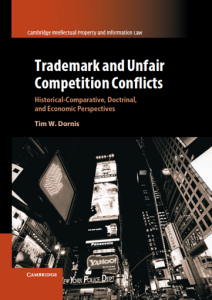Six vacancies in PIL and European civil procedure Erasmus School of Law (ERC project)
Erasmus School of Law (Erasmus University Rotterdam) has six vacancies in the area of private international law and civil procedure.
- One vacancy for an Assistant professor Private International Law for a period of max. five years. The position involves teaching and research in the area of private international law and international and European litigation. Start date is 1 August 2017 at the latest. The deadline to apply is 1 May 2017. More information on the vacancy, the requirements and how to apply is available here.
- Five research positions (2 PhD and 3 Postdoc positions) within the ERC Consolidator project ‘Building EU civil justice: challenges of procedural innovations bridging access to justice’ (EU-JUSTICE). This project, financed by the European Research Council, investigates how digitalisation, privatisation, self-representation, and specialisation trends influence access to justice in selected Member States, and what the repercussions are for the emerging EU civil justice system. Further information on the project, the vacancies, and how to apply is available here. The closing date is 14 April 2017.


